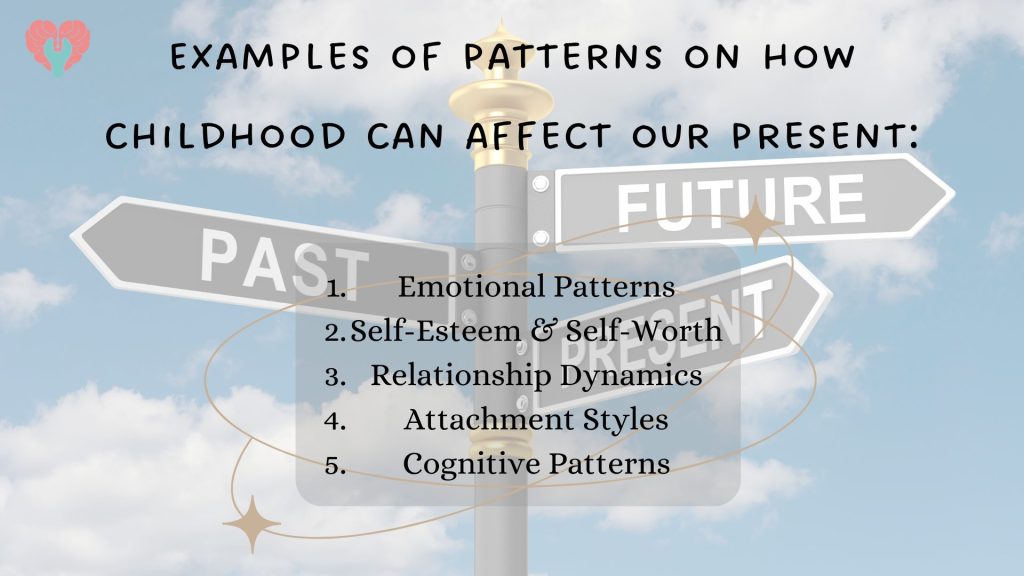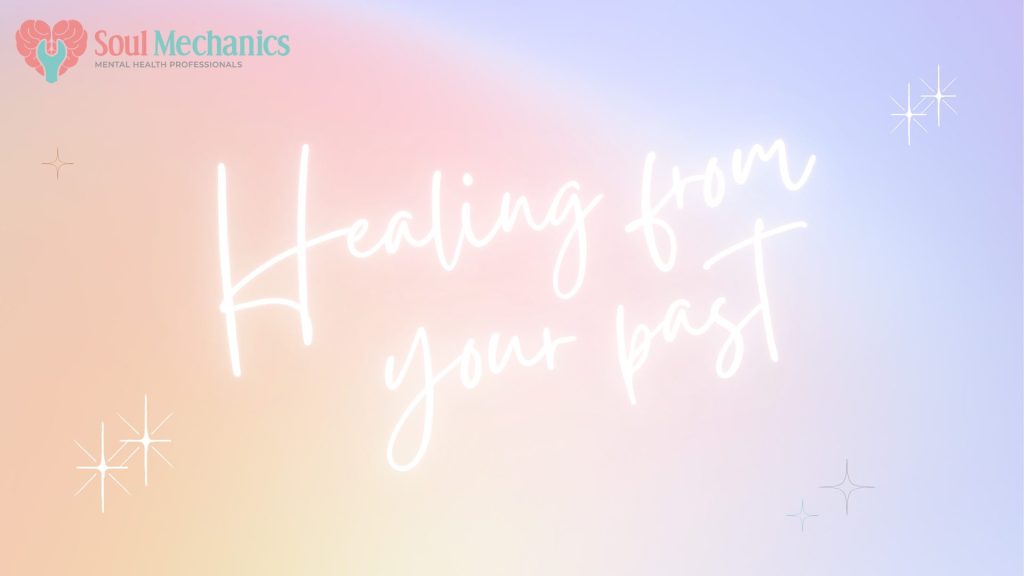Childhood: Does It Affect Our Present?
Childhood: Does It Affect Our Present?
This blog will discuss how our childhood affects our present.
Past is something that we often find it tough to overcome or disassociate from. Our childhood has a profound impact on various aspects of our lives such as our attachment styles, behavioural patterns and many more. Many of us are either stuck in the pain that the past has embedded within us, or the past may be harrowing making us forget many memories from it. This can be our unconscious coping style of shutting down uncomfortable emotions.
On the other hand, the concept of ‘inner child’ refers to the emotional and psychological residue that retains one’s memories and unsolved emotions from childhood experiences. It is often known as the person’s early childhood experiences (childhood baggage) on innocence, vulnerability and unmet needs. These unresolved experiences often tag along in one’s present without their consciousness. It often takes charge of the way they behave, feel and perceive themselves and the world.

How Does Our Childhood Affect Us In The Present?
Let us further dive into how the past, especially our childhood baggage and inner child affects our present life. To get a more clearer picture, below are several examples of patterns on how childhood can affect our present.
1. Emotional Patterns
Childhood experiences shape one's way of perceiving and expressing emotions. Children who grew up in homes where their emotions were suppressed may struggle to manage their emotions as adults. This may also lead to difficulties in forming and maintaining healthy emotional connections with others.
l A child who had always been dismissed and invalidated, would be either shutting down their feelings, or those of others, or both as the kid goes into adulthood. This person may also turn to unhealthy coping to suppress emotions, such as work, food, substance, sex, etc. The inner child of the adult may begin to unconsciously believe emotions are meant to be dismissed and shut.
2. Self-Esteem & Self-Worth
Early childhood experiences, such as abuse, criticism, and neglect, can affect a child’s sense of self-worth and esteem. If an individual grows up receiving negative comments about themselves from family or close ones, they may perceive themselves under a negative self-image, leading towards a decline in overall well-being.
l A child who grew up in an environment where the child was constantly taunted or compared, may grow into an adult who is a perfectionist. This individual’s inner child may believe that their self-worth solely depends on their achievements. This will further instil that they deserve to be loved only if their loved ones are proud of them.
3. Relationship Dynamics
The relationship dynamics observed by a child can influence how they engage in relationships as adults. Unhealthy family dynamics, such as toxic communication, conflicts, and abuse, may replicate in one’s relationships as one grows up.
l A kid who had grown up in an environment which is full of rage and chaos may attract relationships which are abusive and toxic. This individual may also be fine with mistreatment given by their partner due to the environment that he or she grew up in. This person’s inner child may find comfort in the familiarity of anger and chaos.
4. Attachment Styles
A child’s initial forms of attachment with their primary caregivers can have a significant impact on their interpersonal relationships as they grow into adults. Unhealthy relationships and attachment styles from caregivers lead one to have difficulty forming or maintaining relationships. This is due to the tendency to fail in relationships or constantly have issues regarding trust and intimacy.
l A child who has not been given needed love and care may grow up into an adult who easily gets attached. This person may over-invest in relationships. This person’s inner child may believe love can only be obtained through pleasing others.
5. Cognitive Patterns
Childhood experiences can also shape one's beliefs about self and the world, and their thought patterns. Unhealthy experiences and messages instilled within them can contribute to distortions in their cognitive ability. This may impact their overall outlook on self and others, and their decision-making skills.
l A kid who grew up in a controlling and strict family may develop boundary issues. This person’s inner child may believe that people around them, especially their loved ones, have full control over them. Thus, saying no or setting boundaries can invoke guilt and is considered an act of selfishness.
How to Overcome Childhood Baggages?
If you feel that your past or childhood is affecting your present, it is recommended to seek a professional therapist for further assistance. Therapy provides us with a safe and supportive space to unpack and address childhood baggage and inner child issues. Through exploration with a therapist, we can gain insights into the origins of our emotional and behavioural patterns. We can reframe our unhealthy thoughts and beliefs by learning to process and heal from past issues and traumas experienced. Furthermore, we are also able to improve self-esteem, foster emotional resilience, and develop more fulfilling relationships by starting our healing journey on past baggage and traumas.
Healing from your past would make memories less painful when revisiting. It helps you understand that the past does not define your identity, you have control over your present, you can break patterns, and your inner child is no longer helpless; it has you to protect and embrace. Understanding and nurturing your inner child also means that you are healing past wounds by acknowledging and tending to the emotions and needs of the inner child. This will help lead you towards growth in overall well-being.

Conclusion on Childhood Baggages
In short, it is crucial to note that the past, or more precisely the baggage that we carry from our childhood can have a significant impact on our present. With self-awareness, and assistance from a trained mental health professional, you can work on understanding your past, how specific patterns from the past have evolved and continue to affect us without our consciousness, and our triggers, and explore ways to gradually disassociate from the past, break patterns and begin to live a more healthier and fulfilling life.
"Start your healing. The past clouds would appear to be more than mere helplessness and vulnerability. You would also view resilience and bravery in pushing through life without giving up"
Did you know you can learn more about yourself through Therapy?
To learn more about how therapy can help you discover yourself, click here.
For more content related to mental health do follow us on our official Instagram.

